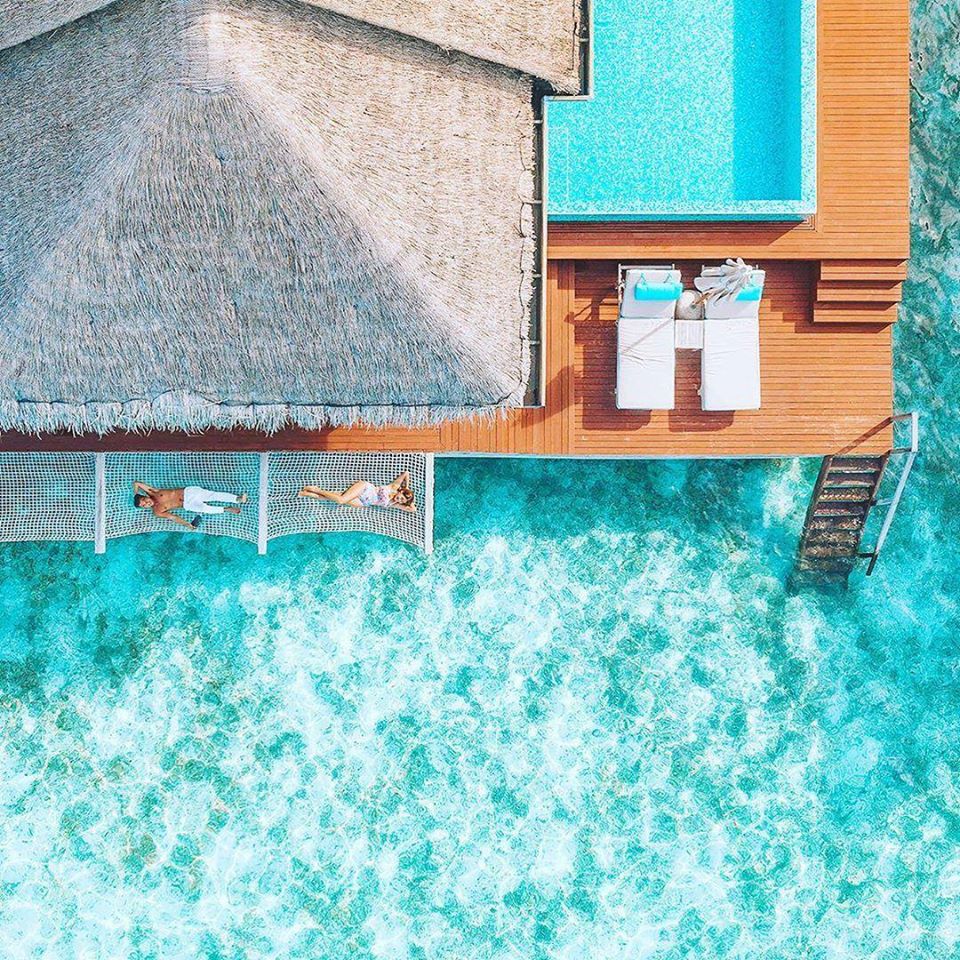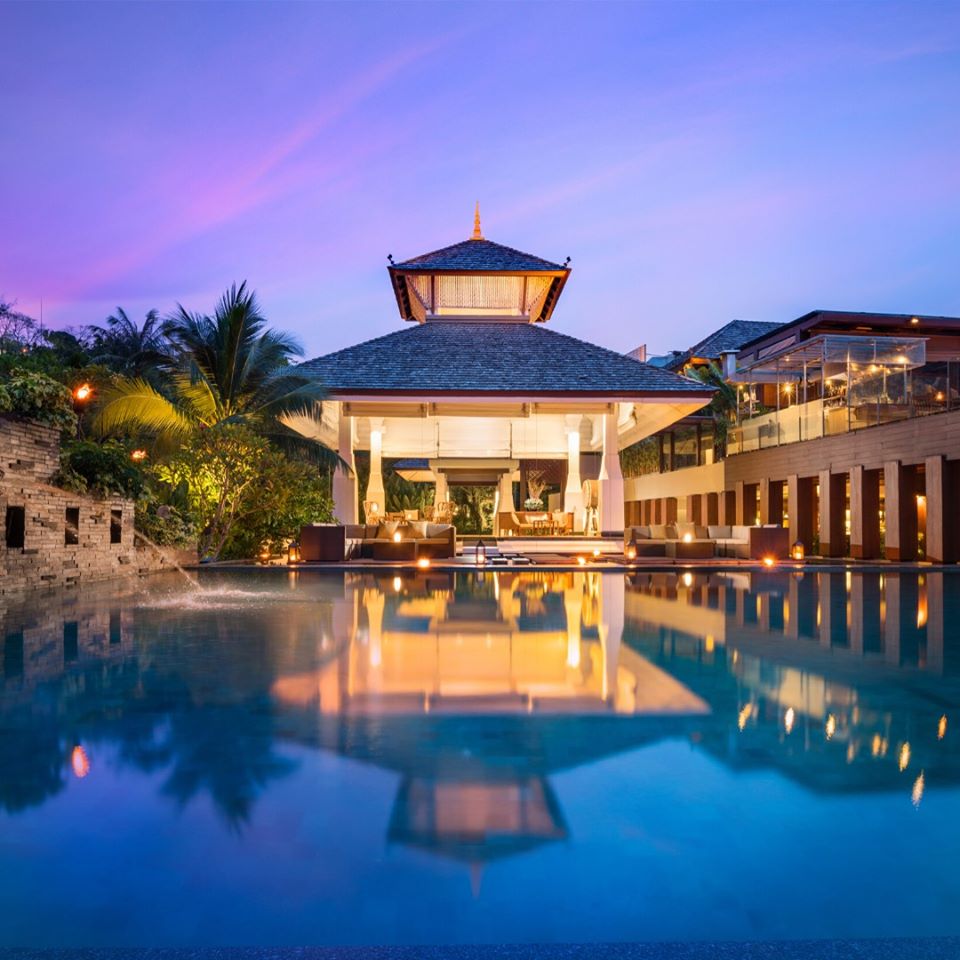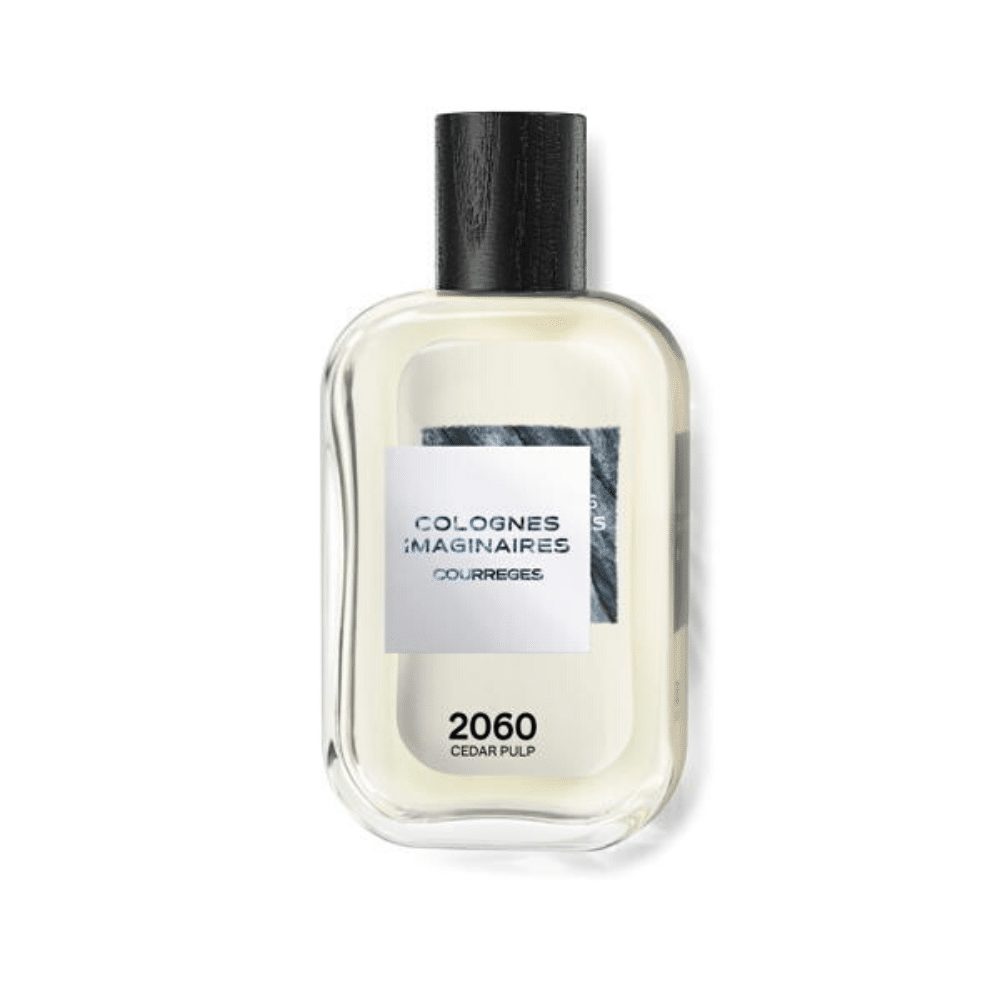[vc_row njt-role-user-roles=”administrator,armember”][vc_column][vc_column_text]
As lockdown easing plans are progressing around the world, Thailand is actively preparing for a recovery in tourism. And to relaunch the tourism machine at the dawn of the summer season, Thai hotel industry professionals have decided to turn away from mass tourism and focus on an upscale clientele. A move towards luxury tourism at 360° for the “Land of the White Elephant”, of which we will present you the challenges.
Limiting the influx of visitors and rethinking luxury tourism for post-COVID-19
With approximately 3,000 confirmed cases of Covid-19 and only a hundred deaths to date, Thailand was one of the first countries to end its lockdown.
Since then, the government’s strategy to revive tourism has been to target an exclusive, high-spending clientele willing to pay a high price for the comfort, privacy and security required by the new post-coronavirus era, rather than trying to attract a very large number of visitors with limited resources.
Indeed, “one person can easily spend more than five people by staying in the most high-end hotels” according to Tourism Minister Phiphat Ratchakitprakarn.
For several weeks now, the marketing efforts of the Thai authorities have therefore been directed towards the wealthiest people willing to afford luxurious stays with minimal risks rather than towards more popular “masses” that are less likely to spend money. The minister also said that discounted travel should become “a thing of the past“.
Privileging a well-off clientele instead to the detriment of less posh tourists, more numerous certainly, but who would invest small sums of money compared to these “rich” people, is therefore the new strategy of the Thai hotel industry to re-boost the country’s economy and promote the trend of slow-tourism against the hyper-tourism.
The government is even working with the travel industry to identify target demographic groups, which will include former “high-end visitors“, and invite them to luxury resorts on the islands of Samui, Phangan, Phi Phi and Phuket, which is “a prototype of luxury” because it offers all the necessary amenities.
The Deputy Prime Minister and Minister of Public Health, Anutin Charnvirakul, also revealed the establishment of “travel bubbles” with countries such as Japan and China to encourage tourist flows of certain groups of travelers and establish a special environment for them when they arrive and depart.
The government is thus conducting a real offensive to overcome the current lack of incoming tourists, aiming at abandoning mass tourism and taking advantage of the luxury segment by targeting high-yield tourists.
Thailand says no to over-tourism, yes to luxury services
In the post-Covid-19 era, Thailand is struggling against the mass flows and wants to be a luxury destination for the very rich tourists. To achieve this, it has planned to literally woo its visitors.
Indeed, the kingdom has decided to capitalize on its very light Covid-19 assessment and to position itself as a prestigious and trustful destination for international tourists once the travel restrictions are lifted.
The luxury hotel group Anantara thereby plans to offer an individualized fitness service, with carefully cleaned equipment and private training sessions to be booked. Room service will still be provided, but the waiters will leave the trolleys at the entrance to the rooms.
Anantara Hotel staff are also being trained in the latest room cleaning protocols, the same as those used in hospitals. At the front desk, Plexiglas screens will be placed on the counter, chairs and tables will be carefully spaced, and discreet red crosses will be glued to the floor to indicate where guests must wait to be received at the front desk.
Luxury and security are the new credo of Thai tourism professionals, who are betting on a new way of welcoming travelers. Key point of this strategy: reducing contact with staff and between customers.

Contactless technology (credit cards, contactless switches, even facial recognition) will then be increasingly used at the reception desk of five-star hotels, in elevators and for opening doors.
Common areas in hotels will be reconfigured or redesigned to provide better ventilation and more light. Breakfast buffets will mostly be replaced by table service to optimize social distancing.
Hygiene and cleanliness as well as limited but personalized human contact will now be an integral part of the high-end hotel offer: “The welcome will still be as personalized as ever, but we will reduce the number of people in contact with guests to a minimum” says Thomas Harlander, managing director of the Bangkok hotel of the luxury hotel group Rosewood. The service will be smoother – fewer people, fewer points of contact.”
The Tourism Authority of Thailand, a government agency, is seeking to regain the confidence of travelers and give a new image to the second largest economy in Southeast Asia to make it a top tourist destination.
In the end, the coronavirus pandemic provided an opportunity to “reset the entire tourism sector, which had become dependent on Chinese groups and backpackers” as Tourism Minister Phiphat Ratchakitprakarn said.
But also and above all, to evolve into a quality, selective and elitist tourism within the Thai kingdom, famous for its paradisiacal tropical beaches, its opulent royal palaces and its sumptuous temples.
Read also > How the luxury hotel industry is accelerating its digital revolution in the post-covid era ?
Featured photo : © Anantara Hotels Resorts & Spas
[/vc_column_text][/vc_column][/vc_row]








